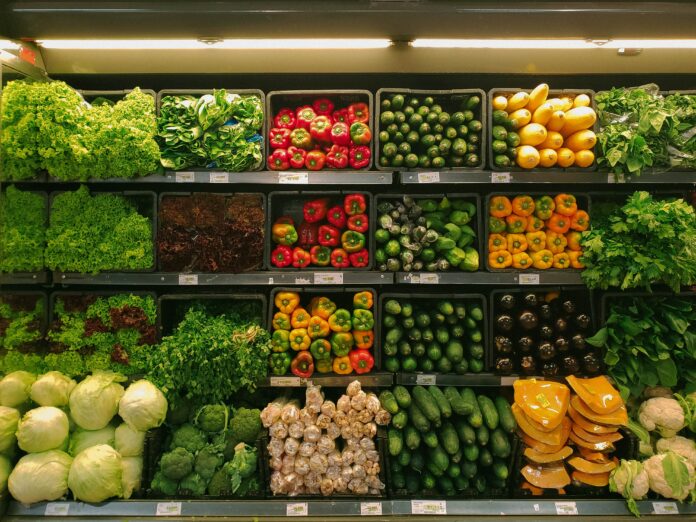This week, the Portuguese Government announced two measures to increase the purchasing power of Portuguese citizens.
First, on Wednesday, the Portuguese Prime Minister announced, among other things, that for each year spent working in Portugal, the Government will return the proportional tuition fees that were paid by the university student.
This measure targets young people. It was designed as an incentive for new graduates to stay in the country, as well as a mechanism to provide them with more purchasing power when they finish their studies and start working. Note that this measure only entails public universities. Tuition fees of private universities are not included.
Second, on Thursday, the Government approved an extension of the temporary Value-Added Tax (VAT) exemption for some food products until the end of the year.
This measure, which came into effect in April this year, exempts 46 food products from VAT. The products were carefully selected given the guidelines for healthy eating provided by the Ministry of Health.
The Government assessed the five previous months and concluded that extending the measure was an effective way of dealing with inflation and providing some relief to Portuguese citizens.
The VAT zero measure applies to:
- Bread
- Potato
- Pasta Rice
Dairy
- Cow Milk
- Yogurt
- Cheese
Fruits
- Apple
- Banana
- Orange
- Pears
- Melon
Vegetables
- Red beans
- Black-eyed beans
- Chickpeas
- Onion
- Tomato
- Cauliflower
- Broccoli
- Carrot
- Courgette
- Leek
- Pumpkin
- Sprouts
- Portuguese Cabbage
- Spinach
- Turnip
- Peas
Meat and Fish
- Pig
- Chicken
- Turkey
- Cow
- Codfish
- Sardine
- Pescada
- Mackerel
- Dourada
- Cavala
Fats and Oils
- Olive Oil
- Vegetable Oils
- Butter
Other Products
- Canned tuna
- Chicken eggs
- Plant base yogurt and milk
- Gluten-free products for celiacs


